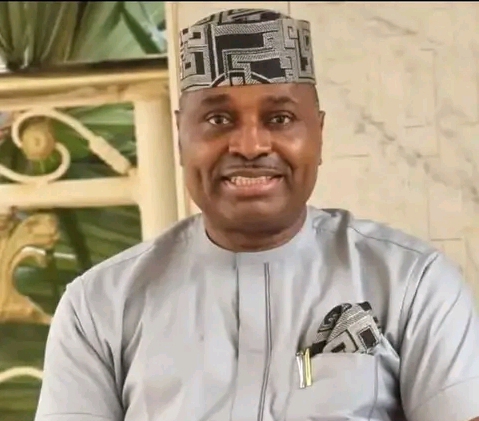Relationship Tips: Why You Should Embrace Power of Apology, Love–Nollywood Actor, Okonkwo
Veteran Nollywood actor Kenneth Okonkwo recently shared some profound insights on the dynamics of relationships and marriage.
His message underscores the significance of communication and humility, particularly the ability to express love and offer apologies.
The Power of ‘I’m Sorry’ and ‘I Love You
Okonkwo’s advice revolves around two simple yet powerful phrases: “I am sorry” and “I love you.” He suggests that if you can’t recall the last time you said these words to your partner, it might be a sign of underlying issues in your relationship. These words are not just expressions of emotion; they reflect one’s character and willingness to maintain harmony.
A Common Misconception
“I often hear women say, ‘I can never apologize to a man,’ and that statement fills me with pity for them,” Okonkwo remarks.
This sentiment reveals a common misconception that admitting fault or expressing affection can be seen as a sign of weakness. However, Okonkwo emphasizes that this mindset can be detrimental to the health of a relationship.
A Cultural Perspective
To further drive his point home, Okonkwo uses a popular saying in pidgin: “Na woman dey live with man, no be man dey live with woman.” This translates to “It’s the woman who lives with the man, not the man who lives with the woman.” This statement highlights the traditional belief that women play a crucial role in creating a harmonious household.
Learn or Perish
Okonkwo’s message is clear: if you don’t understand the importance of these expressions of love and humility, there’s a serious problem. “Learn or perish,” he warns. His advice is a call to action for couples to re-evaluate their communication habits and recognize the importance of humility and affection in sustaining a healthy relationship.
Conclusion
Kenneth Okonkwo’s insights remind us that the health of our relationships often hinges on simple acts of love and humility. By embracing these practices, couples can foster stronger, more harmonious bonds.
In a world where pride often overshadows vulnerability, Okonkwo’s message is a timely reminder of the power of saying “I’m sorry” and “I love you.”
